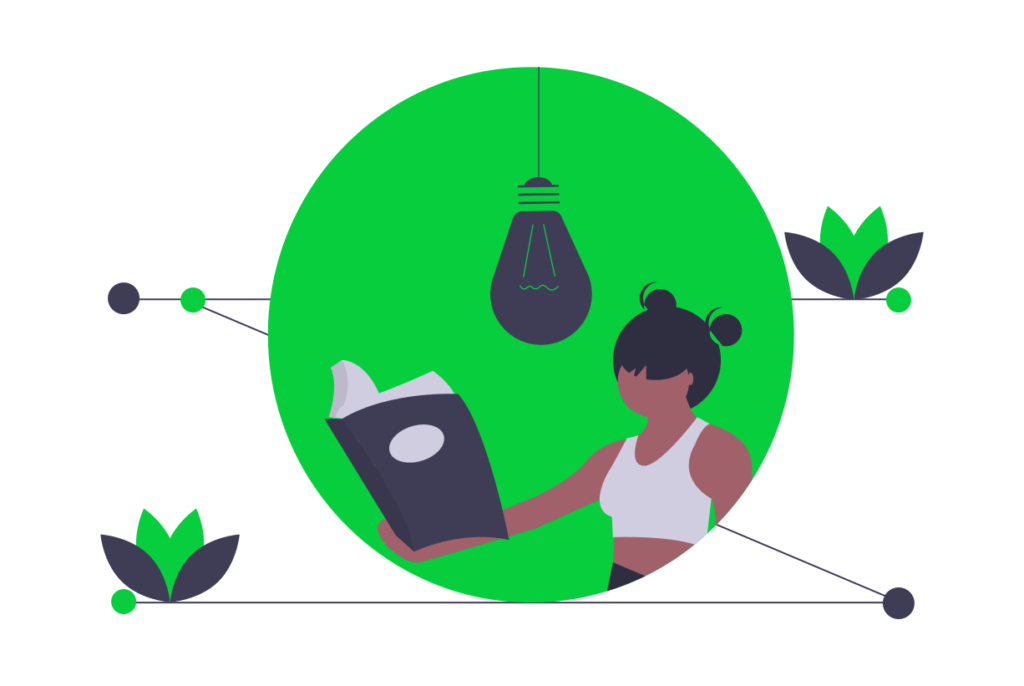Our minds are an enigma. Without them, we wouldn’t be able to learn new things, solve problems, or even feel emotions. We’d never feel happy, sad, angry, surprised, scared, or disgusted by an event that has just taken place before us.
Emotions are a powerful thing, and they influence our actions and reactions. A common response to an unexpected circumstance is to begin obsessing over it, as we might feel out of control. Different people can obsess over different things depending on the individual, such as:
- Something work-related – perhaps we made an error and want to improve ourselves
- Someone in our life – a friend, family member or even a celebrity
- Hobbies and interests – collecting certain items, travelling, watching certain films or TV programmes
The key here is that we know we’re being obsessive, whether we know this ourselves or have been told so by someone else. An obsession can be addictive and difficult to overcome. Here are five ways for you to try and stop obsessing over things.
1) Work Out What You’re Obsessing Over
Any given obsession has a reason behind it, even an obsession as simple as something cultural like a book series. The key to figuring out why you’re obsessed in the first place is to determine the root of it and why you feel inclined to ruminate over it.
It’s likely that there’s one aspect of your obsession you’re holding onto the most. This is likely what triggered the obsession in the first place. When it comes to a series of books, a person may become obsessed with it because of certain plot threads, characters, or the overall quality of the writing. Finding the part of your obsession that holds the most interest is useful when trying to let go.

2) Write Things Down
This doesn’t just go for those who have difficulty expressing their feelings. This seemingly basic solution is more effective than you might imagine. By simply jotting down any thoughts you have relating to your obsession, it will clear your mind of them and shift your focus elsewhere.
As you begin to write down those thoughts and feelings, you’ll find that things become clearer. One thing will lead to another, culminating in an understanding of how and why you’ve developed this obsession. This can bring a sense of fulfilment and leave you with an answer!
3) Distract Yourself
As we all know, obsessions can become rather intrusive. We might find ourselves thinking about whatever it is we’re obsessing over day-in and day-out, hour-by-hour. Whether it’s something we really like or is a problem that we need to solve, we can’t help but constantly think about it. An obsession can become a distraction from important matters like our careers and family life, so the distraction needs to have a distraction for it!
There are various different ways you can distract yourself from your obsession. Physical exercise will make not just your body, but your mind to focus on something else entirely. Don’t try simple walking or running, but instead aim for things like a team sport or rock climbing. Different media forms can also serve as a distraction, so try watching films and TV programmes, listen to music, or even play video games.
4) Look For New Interests
This may sound like an obvious, clichéd solution, but the truth is it can actually work! A new interest, whether it’s a skill, a type of media you like, or even a hobby can wake up your brain. This can move your perspective away from your obsession and help you out of the doldrum you’re stuck in. A change in routine can help as well.

You might even try an activity that is the polar opposite of your obsession. This will feel like a breath of fresh air and a step in a different direction. Remember – variety is the spice of life!
5) Distance Yourself From the Obsession
Undoubtedly, it can be difficult to get over an obsession if the source of it is within arm’s reach, making it impossible to concentrate on any other topic or subject. This is why you should place a physical distance between yourself and the source, which will eventually lead to the mental distance that you’re really after.
Obviously, this will be difficult at first, but your obsession will gradually weaken and you’ll find yourself no longer interested in it anymore. If the obsession is something physical, such as a person or a book you’ve been reading, keep them out of your sight altogether.
Related Articles
- How to Manage Anxiety and Isolation During Lockdown
- How To Become a Good Problem Solver
- How Exercise Benefits Mental Health
- Surprising Benefits of Exercise: Confidence and Creativity
These were just five ways to help you put an end to an obsession that you might have. If you want more advice on making lifestyle changes, contact us at Ceed today.
